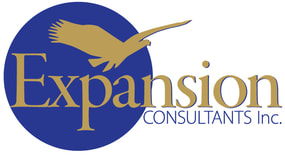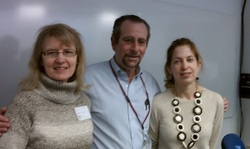
Professor of Optometry; New England College of Optometry
Dr. Coulter was the Behavioral Scholar in Residence at NECO from April 2 through 6, 2014. Dr. Coulter is a faculty member at Nova Southeastern University where she divides her time between academic and clinical duties. Dr. Coulter’s special clinical interest is in the optometric treatment of children with autism; she is director of the Nova Southeastern University’s Vision and Autism Service.
The Behavioral Scholar in Residence is an annual program at NECO in which a distinguished behavioral optometrist is invited to visit the College for a period of five days to bring a new perspective to the students and faculty. The duties include presentations to the students, participation in a symposium on a subject of interest to the Scholar, and a CE lecture to the general optometric community and to such outside professionals as may be interested in the subject.
Dr. Coulter is a graduate of Pennsylvania College of Optometry (now Salus University). She did a residency in Pediatric Optometry and Vision Therapy at PCO. She also holds a Master of Science in Exceptional Student Education from Nova Southeastern University. Dr. Coulter is a fellow of COVD, and a diplomate in binocular vision, perception and pediatric optometry. She has served as chair of the Binocular Vision, Perception and Pediatric Optometry sections of the American Academy of Optometry and the Florida Optometric Association Children’s Vision Committee.
Dr. Coulter participated in a symposium organized by Dr. Richard Laudon of NECO, titled “Autism, Its Impact on Families and Society.” Other participants included internist, an occupational therapist, and a young woman with personal experience of living on the autism spectrum. Each participant brought a personal story of their experience with the implications of autism to the individual and family.
On Sunday April 6, Dr. Coulter presented a CE program of two lectures titled “Is Your Practice Ready to Care for the Patient with Autism?” and “Providing Vision Therapy to Patients with Autism Spectrum Disorder.” The first lecture covered a description of some aspects of autism, how the ocular and refractive conditions differ between autism and non-autism, and suggestions for structuring the eye examination for patients on the autism spectrum. The second lecture provided information garnered from Dr. Coulter’s experience in the University Vision and Autism clinic on the practical aspects of vision therapy with children on the spectrum, including some videos of how children act in the training room.
This successful visit by Dr. Coulter was enhanced by her presentations to students in the first three years (fourth year students are mostly at remote clinics). The presentations were made in the regularly scheduled class times through the generosity of the respective instructors in giving up some of their limited lecture time. Students responded with interest and many questions, including inquiries about how they could the training necessary to offer such service in their future practice.
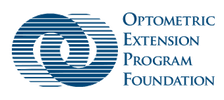
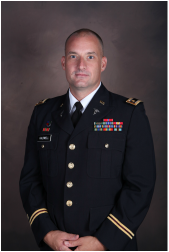
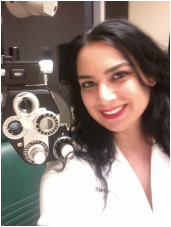
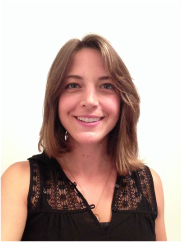
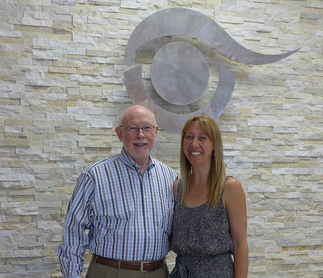
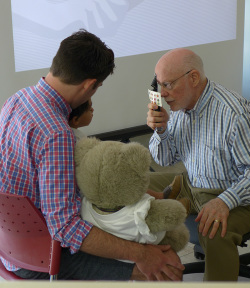
 RSS Feed
RSS Feed
